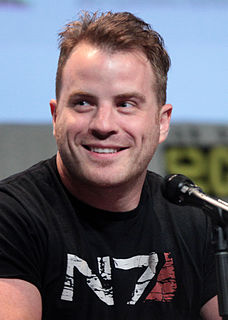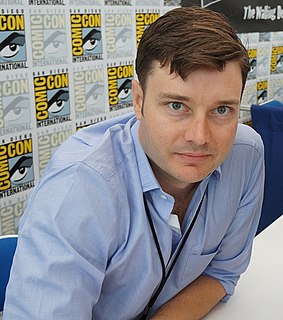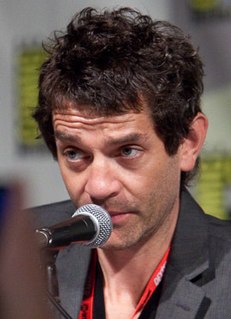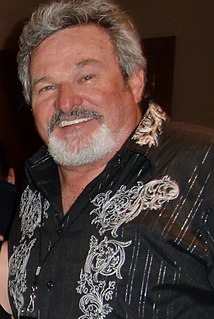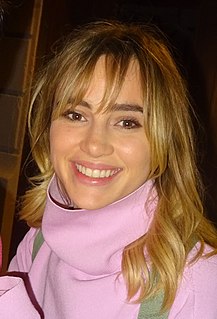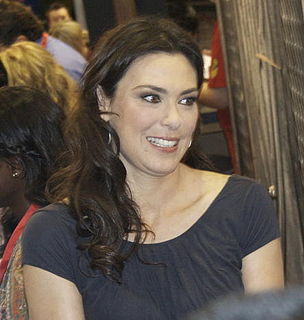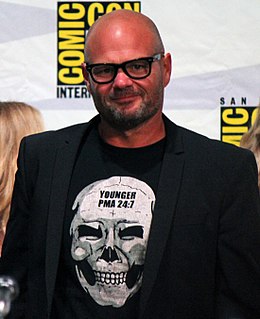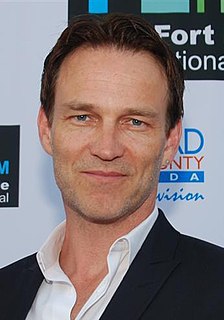A Quote by Alexander Skarsgard
I was nervous when I first started True Blood because if you do a play or a movie, you know the complete arc of the character. You can see the end. But with a show like True Blood, you don't know what's going to happen.
Related Quotes
In a play, you know where you start and end and all the stops you have to do, but in television, you can't construct this carefully planned out arc for your character. You often get a script and you're shooting it two days later, and you don't know what's going to happen next. It's one of the harder things that I've done.
As an actor, you don't want to know the beginning and end to your character's arc. It makes it more fun. You're not playing the end. You're playing it realistically. You don't know where this character is going to go and what's going to happen to him, which just makes it more interesting for the viewers to watch. They're going on the journey with you, as the actor and the character.
As an actor, you don't want to know the beginning and end to your character's arc. It makes it more fun. You're not playing the end. You're playing it realistically. You don't know where this character is going to go and what's going to happen to him, which just makes it more interesting for the viewers to watch.

